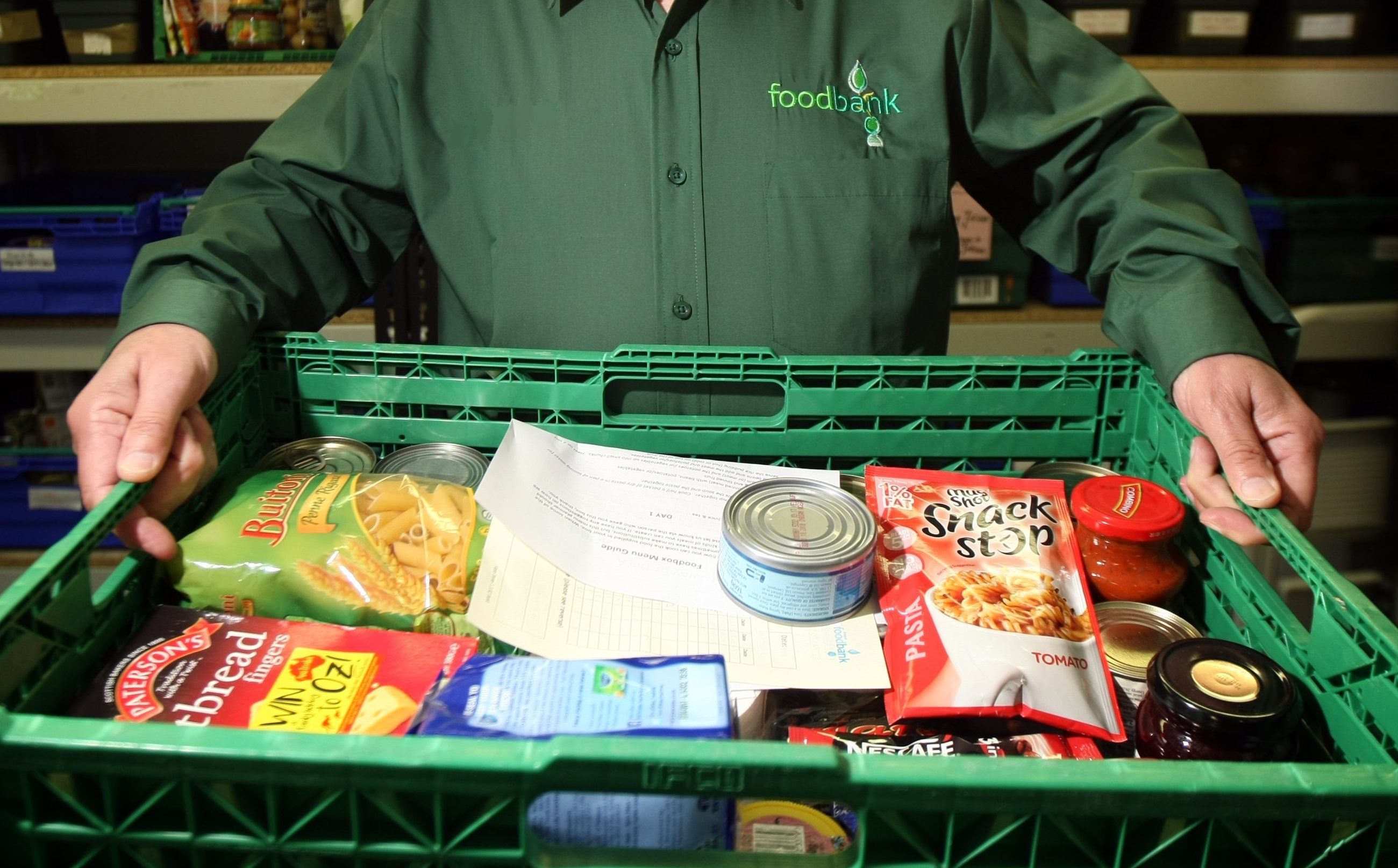Sir, – Poverty will not be solved by simply redistributing wealth but by tackling the root causes: ignorance, sloth, irresponsibility and by offering a hand up rather than a handout.
Of course, Jesus said: “Ye have the poor always with you,” but the fact is a UK citizen on benefits today is better off, in absolute terms, than one on average wages in the 1930s.
And choosing the Oxfam/Rowntree definition of poverty as having less than 60% of median income makes it a mathematical certainty that we will always have the “poor” among us.
Foodbanks were the invention of 1960s America and the idea was enthusiastically embraced by Italy, Germany and especially France, which has twice as many outlets as the UK.
Here they are the most obvious New Labour legacy, resulting from the boom-and-bust economic shambles left by Gordon Brown’s unmanageable public spending spree.
Sadly, foodbanks are often inefficient, unreliable and unable to supply nutritional food and volunteers need to offer long-term solutions as well as tinned and
processed produce.
Rev Dr John Cameron.
10 Howard Place,
St Andrews.
Democracy in action
Sir, – Your correspondent John Dorward contends that Holyrood’s vote to seek a Section 30 order to facilitate a Scottish independence referendum lacks legitimacy as it was passed with the votes of the Green Party’s list MSPs.
If he is proposing that certain decisions are beyond the remit of MSPs elected by the party list system, then it follows that all such MSPs should be treated in a similar fashion.
However, if voting on constitutional issues was indeed restricted to first-past-the-post constituency MSPs, the pro and anti-independence parties would line up as follows – SNP, 59; Conservative, seven; Labour, three; LibDems, four.
This would result in an overwhelming mandate for the Scottish Government, overshadowing the result Mr Dorward finds so offensive.
Even if Holyrood used the first-past-the-post system, as Westminster does, the 49% vote achieved by the SNP in 2016 would have resulted in a result similar to the 2015 general election tsunami.
Labour’s Henry McLeish and Jack McConnell admitted that keeping the SNP at bay dictated the choice of Holyrood’s voting system.
The SNP’s subsequent successes are the result of Scots voting for them in such numbers as to break the politically engineered straitjacket designed to
constrain any future Scottish independence aspirations.
This is democracy in action, with a resultant mandate deserving of respect.
Ken Clark.
335 King Street,
Broughty Ferry.
Statistics tell real story
Sir, – The leader of the Conservative Party in Scotland, Ruth Davidson, is constantly telling us that there is no demand for a second independence referendum in Scotland, yet the most recent Panelbase poll found that 51% of
Scottish voters now back independence, and that 54% expect Scotland to be independent within 15 years.
Ms Davidson’s boss, Theresa May, meanwhile, goes on at great length about how the country is united in favour of Brexit.
Well not Scotland. We voted against Brexit in the referendum, and a recent Google poll shows that 56.7% of Scots now would prefer an independent Scotland in Europe to 43.3% in favour of a Tory government out of Europe.
And a recent YouGov poll found that 45% of UK voters have had
second thoughts on Brexit and now think that the vote to leave was wrong, while 43% think that it was right.
And that was before the revelations last weekend about European Commission President Jean Claude Juncker’s astonishment at the naivety of the Tory government’s views about the Brexit negotiations, which Mrs May seems to think will give her everything she asks for.
There are lies, damned lies, but sometimes statistics tell the real story.
Les Mackay.
5 Carmichael Gardens,
Dundee.
UK break-up is separation
Sir, – You could not make this up. Nicola Sturgeon criticises Theresa May for talking about “separatists who want to break up our country”.
Says Ms Sturgeon: “Using language that paints the SNP as something everybody knows we’re not, I think, is irresponsible”.
Mrs May made her comment on the very day that Ms Sturgeon acknowledged that independence is at the heart of her general election campaign.
What is seeking independence if it is not separatism that seeks to break up the UK?
The SNP’s aim is to separate Scotland from the UK. If Scotland left the UK, that would break up the UK as it exists.
Does Ms Sturgeon have a problem with comprehension?
Jill Stephenson.
Glenlockhart Valley,
Edinburgh.
Questions SNP will not answer
Sir, -There is a growing list of things on which the SNP leadership cannot seem to make up their minds.
Whether these elections are really about independence or not is just the latest addition.
Another high-profile item is whether full EU membership would be the SNP’s target after independence or would a halfway house like EFTA be preferred, or even remaining outside both unions?
Is the Common Fisheries Policy something they are for, or against?
The list goes on, and do not expect early clarity on these matters.
The SNP have had three years since the last independence referendum to sort out a credible view on currency and yet still do not know if the pound, a new Scottish currency or the euro would be used by an independent Scotland.
The SNP do not want to take a stance on any of these in case it puts potential supporters off.
Keith Howell.
White Moss,
West Linton.










